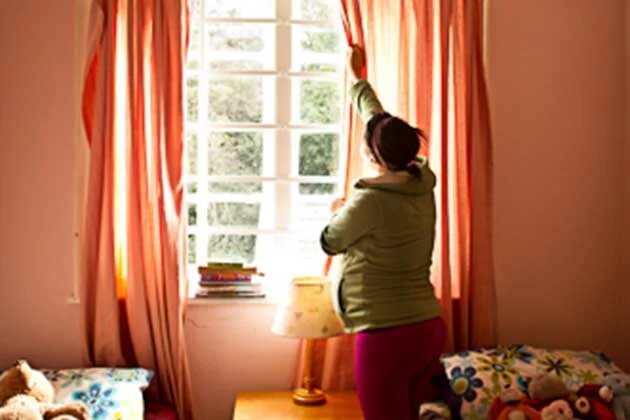
Holidays not jolly time for all
While the holiday season brings quality family time, it also brings out a more sinister side of many households. According the provincial branch of the National Shelter Movement (NSM), the season is a time of increased risk of domestic violence and intimate partner violence. St Anne’s Home director and NSM representative Joy Lange explains the year-end holidays often bring increased stress, usually related to financial pressures and increased alcohol consumption. And shelters experience a rise in the number of women seeking refuge from violence over the holidays, Lange says.
“Women who report domestic violence, should be able to get the help and advice they need from the police, such as referring them to a nearby shelter. Shelters are there to ensure that these vulnerable women and their children are kept safe from domestic and intimate partner violence, and we encourage them to use their stay as an opportunity to regroup and figure out what to do next,” Lange says.
Silly season
Kathy Cronje, founder of the Safe House in the South Peninsula, says they have experienced a “definite increase” in domestic violence cases over the festive season. She attributes the increase to the fact that many people receive bonuses and are on holiday. This allows many the time and means to abuse alcohol, she believes, which exacerbates domestic violence.
“Any minor domestic issues brewing tend to flare up,” she says. Although the Saartjie Baartman Centre for Women and Children has noted a decrease in cases in December over the last few years, those cases reported over the festive season are often linked to substance abuse, says Tatum Smith, a psychological counsellor at the Centre.
“There is a slight decrease in December, with an increase in January and February and a peak in April. We’re not quite sure why this is,” she says.
“A lot of cases are linked to substance abuse, where mature women are coming to the Centre saying their adult children are using substances and then demanding money from their mothers when their own runs out. We also have substance users looking for shelter, as they have been evicted by their families.”
Major obstacles
While the police play a crucial role in stemming the rising tide of domestic violence, recent research from shelters for abused women and children around the country reveals that the attitudes of some police personnel is a major obstacle in getting women and children to a place of safety, Lange explains.
“Should you have trouble obtaining help from your local police office, contact me directly on 071 906 3949 or email info@stanneshomes.org.za for further details to your nearest shelter,” adds Lange.
The shelter research forms part of a three year project being implemented by the National Shelter Movement of South Africa and the Heinrich Boell Foundation.
According to Claudia Lopes, project manager at the Foundation, the shelter research also explored the ability of police to refer women to shelters. Initial findings from a provincial sample indicate that only 35% of police stations contacted were able to refer victims to a shelter. An additional 16% of police officers were willing to provide some form of assistance, while the rest were either unhelpful, provided mixed messages or could not be reached.
Lopes says: “It is imperative that women know their rights, to protect themselves against an abusive partner. Women should also know their rights as they navigate the system, and be clear on the help they should expect from police personnel.”
Smith says it’s not possible to generalize on police service, as some women at the Centre have felt they were not supported, while others felt they received the support they needed with police officers visiting them at the home to follow up on the case. Cronje, however, says the Safe House has a good relationship with local police and works through the community police forum and victim support centre at the police station. The Safe House does experience many victims later withdrawing their criminal cases and this, Cronje believes, has an influence on the police’s attitude as it is demotivating for them to “do all that work just for the case to be dropped”.
Provincial police spokesperson Captain FC Van Wyk says domestic violence remains a priority throughout the year.
“Our police members are continuously being educated and trained in the handling of these cases. Our methods and measures to deal with domestic violence cases are also reviewed from time to time. Moreover we have partnerships with other stakeholders in our efforts to fight the scourge of domestic violence,” he says.
The police are not able to comment on the research before they have “had an opportunity to study the original research documents, and to place the research findings in context”, Van Wyk says.
For more information on shelter services, contact the National Shelter Movement of SA on 083 289 9818 or 083 458 9310 or email contact@nisaa.org.za.
--------
This article was originally published on page 1 of the People’s Post (17 January 2017) and featured in 6 suburban issues: False Bay, City/Atlantic Seaboard, Rondebosch/Claremont, Retreat/Lavender Hill, Woodstock/Maitland and Wynberg/Constantia. This article is available online at https://issuu.com/thepeoplespost/docs/peoplespostqs_20170117